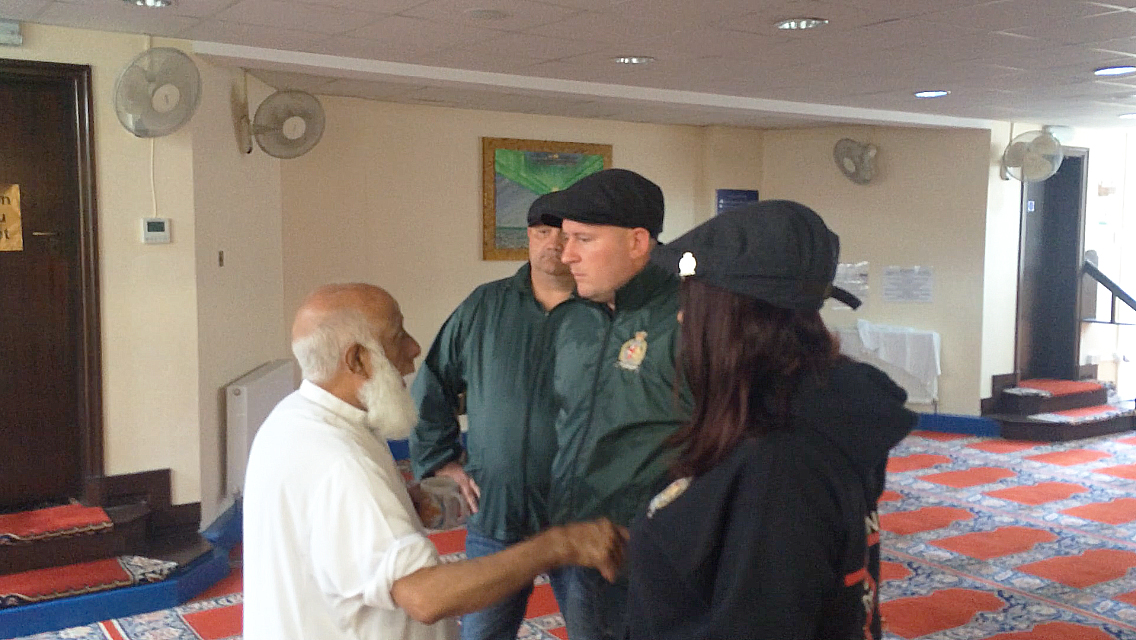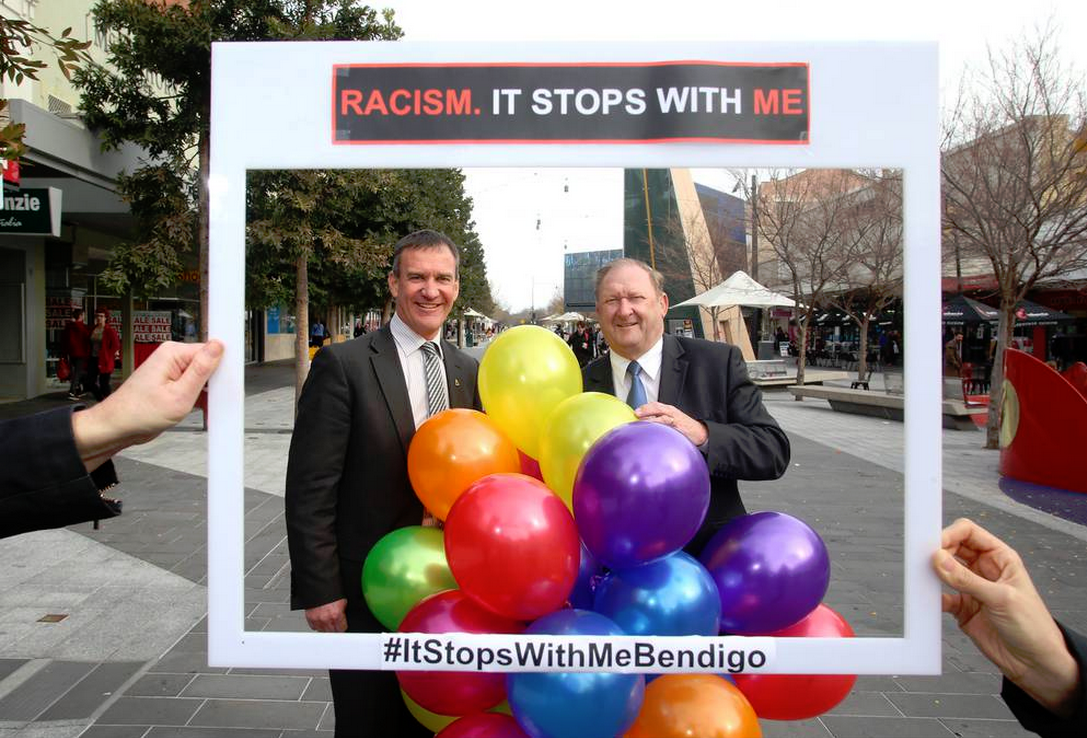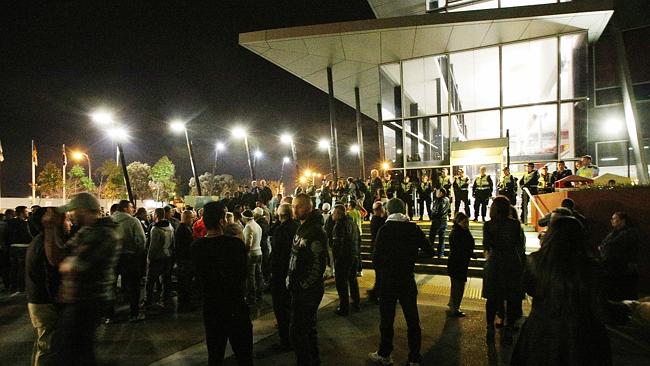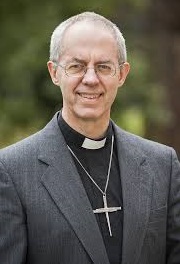Schools are referring to the police record numbers of pupils and staff identified as being at risk of radicalisation.
Official data to be released on Tuesday will show that the details of 1,281 people were referred to the government’s “Prevent” scheme, up from 748 the year before, with officers citing the civil war in Syria as the main reason for the increase.
Sir Peter Fahy, the chief constable of Manchester police who leads on extremism for the Association of Chief Police Officers (Acpo), told the Guardian that schools were now the greatest source of concern for the police, followed by local authorities, the NHS and then higher education.
But he said people should not be surprised that “Muslim lads” felt compelled to travel to Syria after seeing in the media the atrocities committed there.
Since 2007, 1,450 children aged 18 and under have been referred to Prevent, the government’s scheme to tackle extremism, the Acpo figures show.
The disclosure that education is at the forefront of anti-terror measures comes in the wake of the Trojan Horse scandal, in which Ofsted and the Department for Education placed five schools in inner-city Birmingham into special measures.
Fahy defended Prevent, saying it was “just trying to look out for vulnerable young people and to try and avoid using a criminal justice intervention”.
He said: “It’s been a difficult issue with some of the people we know who have been wanting to go to Syria and the people who have come back. Do you want to prosecute them? We have stopped young people on the way to the airport going to Syria. They have not been prosecuted but instead we are working with other agencies to get them help.”
Fahy risked criticism from some quarters by adding: “We all feel desperate about Syria. I have written to my MP. I have watched those reports about Aleppo and Homs and say: ‘What the hell can I do?’ Don’t be surprised that Muslim lads look at that and say: ‘What the hell can I do but go out there and help them.'”

 “Is it mere coincidence that Cage has had bank accounts closed down, its staff targeted, and pressure heaped on its funders by the Charity Commission all the space of a few months since Begg’s arrest? If this is a concerted effort to silence Cage, who is behind it and why?”
“Is it mere coincidence that Cage has had bank accounts closed down, its staff targeted, and pressure heaped on its funders by the Charity Commission all the space of a few months since Begg’s arrest? If this is a concerted effort to silence Cage, who is behind it and why?”
 The City of Greater Bendigo has joined the “
The City of Greater Bendigo has joined the “

 The Archbishop of Canterbury has warned against becoming “too hysterical” over Islamic radicalisation in Britain as he spoke of his concerns about developing a “culture of fear” towards Muslims.
The Archbishop of Canterbury has warned against becoming “too hysterical” over Islamic radicalisation in Britain as he spoke of his concerns about developing a “culture of fear” towards Muslims. After two mothers wearing Muslim hijabs, or headscarves, were
After two mothers wearing Muslim hijabs, or headscarves, were